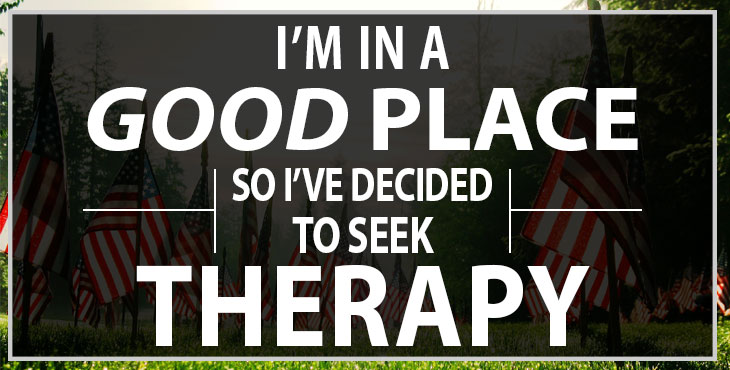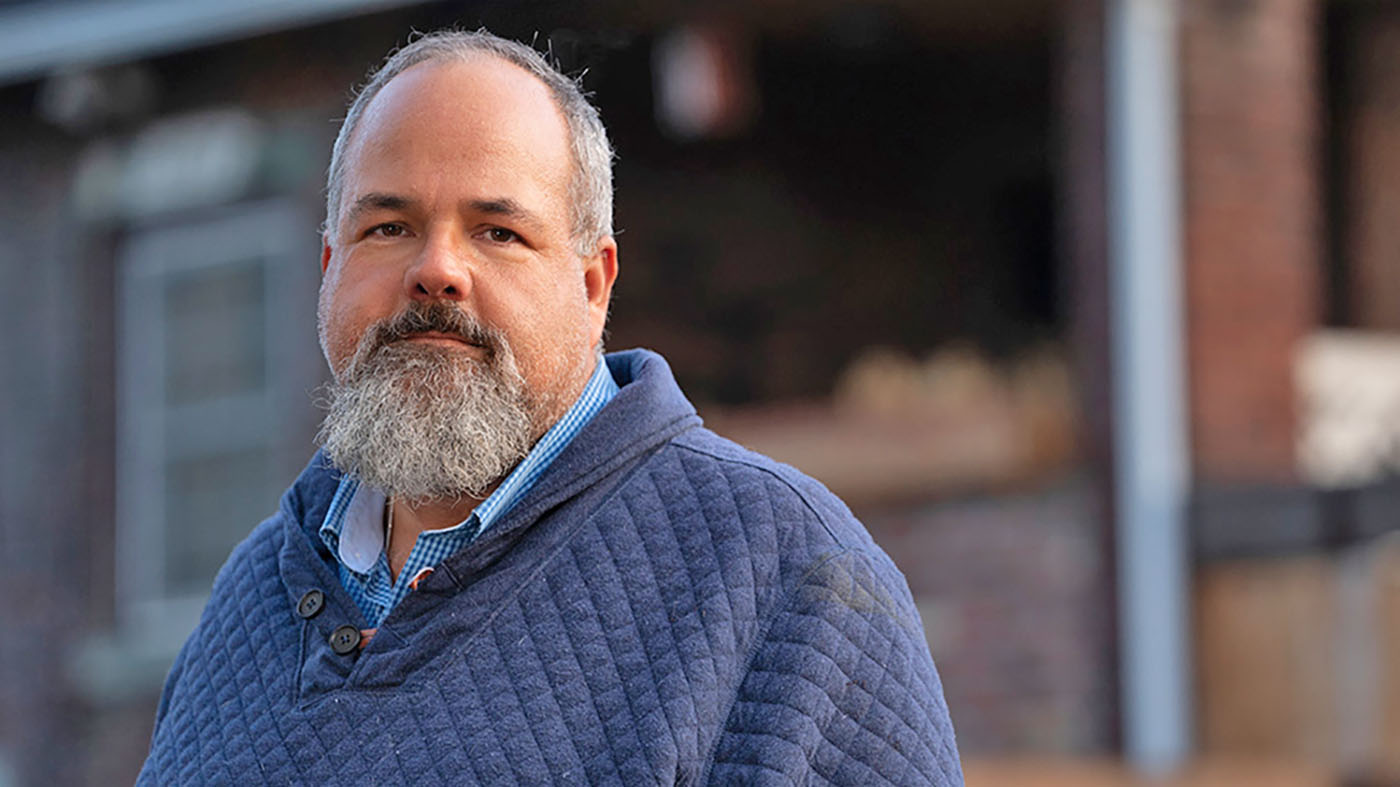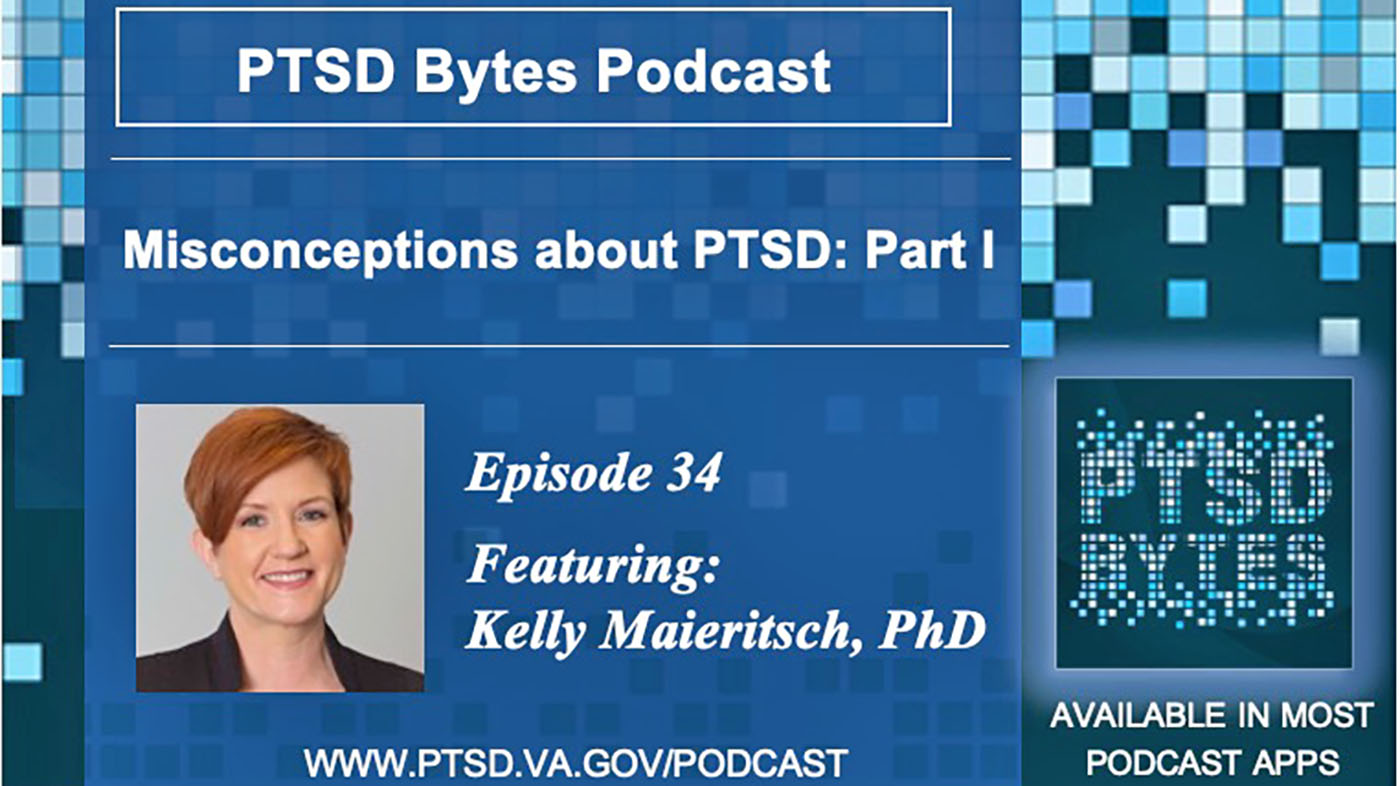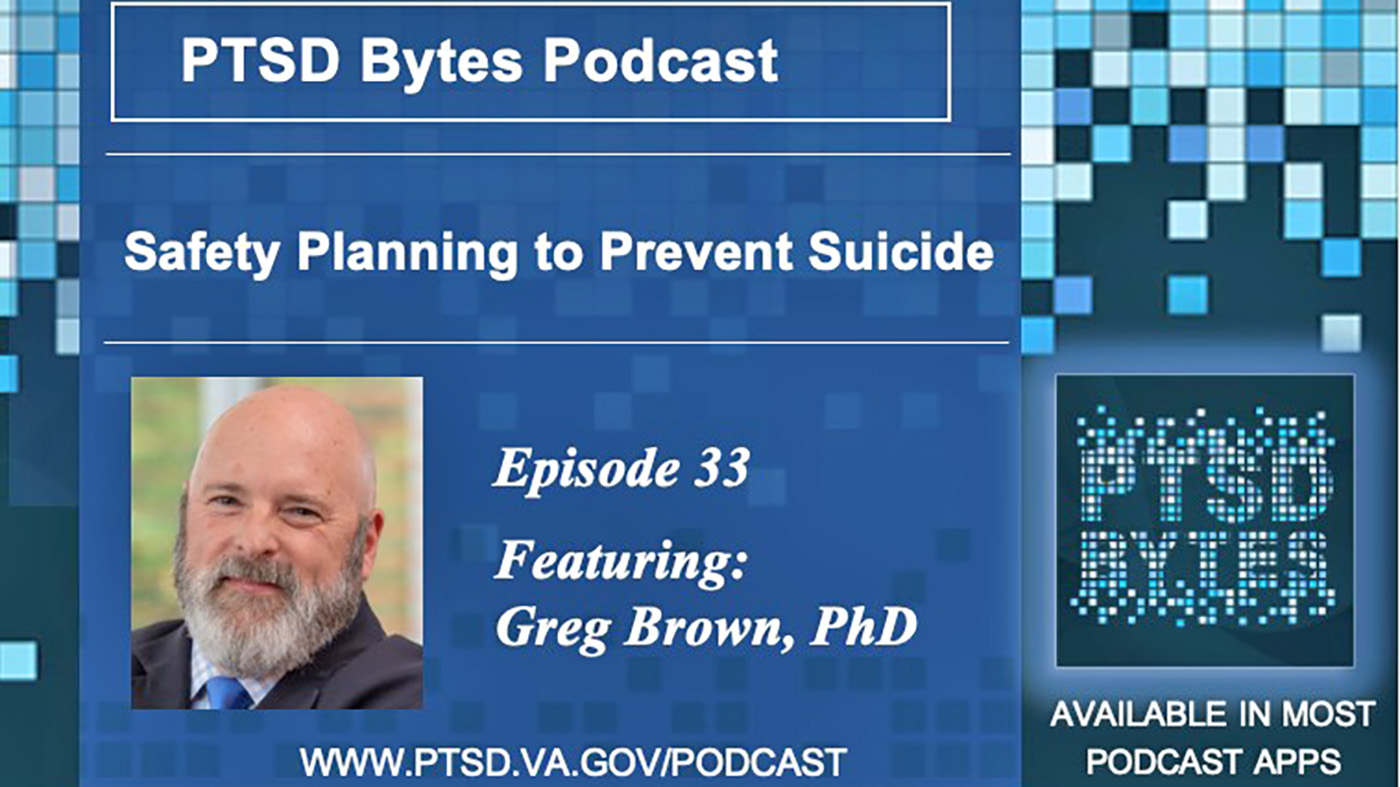Suicide Prevention Month is coming to an end, but the efforts do not stop there. One thing I find important in addressing suicide prevention is thinking how we can truly prevent suicidal behavior. In many cases, we look at suicide prevention as a step to be taken when someone is at risk for suicide. When we see the signs, that’s when we try to prevent. What if we could truly prevent suicide by taking steps before we see the red flags?
It’s important for us to consider this not only as lifelines to others, but methods of preservation. I’ve taken this step in my life by pursuing therapy while I’m in a good place in life. I have not experienced an episode of depression for quite some time, and I fortunately cannot remember the last time I considered suicide. Life is great. I’m happy. I’m content. I’m ready to address my emotional health from this place. It’s much like training in the military. In the service, we constantly trained with our weapons, with our bodies and with our minds to be prepared for combat, deployment, and other challenges that come our way. Much like that, it’s important to train for emotional health.
The decision to begin therapy was tough. Why would I start therapy now that I feel good and am in a good place? It’s important to build support systems and this was one I had not yet established. My wife is a great, personal support system for me. My friends are amazing and a wonderful asset. However, I was still missing the “third party” system; one I could go to when I wasn’t ready to discuss a thought or feeling with those close to me. When I have a concern that I’m not ready to share with my wife, it ends up being something stuck in my head. As an extrovert that processes things through output, that isn’t healthy for me. I needed an output that didn’t exist in my personal life. I didn’t want to alarm my friends or family with my thoughts when all needed was a place to exhale and process my thoughts. That’s where therapy came in, and that’s where the benefit has been for me. So, I’ve elected to begin virtual therapy. I have a licensed therapist that I chat with through text, audio, and video.
The first challenge, my therapist and I had, was determining what to focus on first. When I’m depressed or struggling to process something, the priority is evident. So, I decided to start with areas of my life that I don’t perceive to be problems, but ones I still struggle with getting right. Through just a couple weeks, I am noticing the value in having a place to process my thoughts and force myself to think things through.
As Veterans, we pride ourselves in being problem solvers, but we often forget that, in the military, we were also collaborators. We leave the military and continue our self-starter, independent ways and sometimes forget to collaborate. Therapy and support groups aren’t just useful for the camaraderie of similar experiences, they’re places for collaboration on how to work through problems as a unit as well as individuals.
What is working for me may not work for you. What I do know works is the work itself. Put forth the effort to better yourself and your emotional health. Build your support systems, train yourself for the worst, and reflect on what works and what doesn’t.
VA offers therapy for Veterans at their medical centers and at Vet Centers nationwide. Speak with your primary physician or your patient advocate to see what services and options are available at your VA medical center. To see if you qualify for counseling at a Vet Center, check out their home page.
When we’re in an emergency, we often fall back on our training, and in the case of suicide prevention, its important for us to be ready for anything. #BeThere for someone, #BeThere for yourself, and make sure there is someone to #BeThere for you if the time comes.
Topics in this story
More Stories
Be ready before a suicide crisis by learning about resources that are available. You don’t have to face it alone.
In a two-part series, Dr. Colleen Becket-Davenport discusses some common myths surrounding PTSD with Dr. Kelly Maieritsch.
In this episode of the PTSD Bytes podcast, we speak with with Dr. Greg Brown, Philadelphia VA clinical psychologist, about how safety planning can prevent suicide.







been trying to get therapy for years from the VA
Mr Tim Lawson,
My name is Keith Lynch, I am Vice Chairman of the Board of Directors of La Frontera Arizona, Empact-Suicide Prevention Center. I would like to invite you to our 22 for the 22 walk this coming Veterans Day here in Phoenix.
I would also like to talk about your article “I’m in a good place, so I decided to seek therapy”. Excellent article.
Regards,
Keith Lynch
The biggest flaw in the “seek therapy” mantra is that many veterans careers depend on holding and maintaining active clearances. I know dozens of veterans who know they need therapy, but will not seek it because of fear of, or in many cases, ACTUAL reprisal from clearing agencies. The clearance system is outdated and unnacountable, and you will continue to see veterans in crisis because of this.
It is sad, because those veterans are exactly what these agencies need – experienced patriots, who have often served in theater – yet many get denied their clearance, or held indefinitely in a “processing” status, despite the so called provisions for reporting mental health issues on the SF86.
OFFICE OF INSPECTOR GENERAL HOT LINE
um ug hello ???